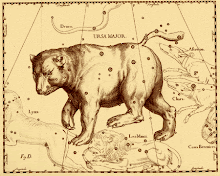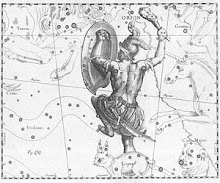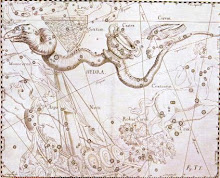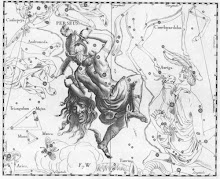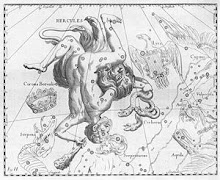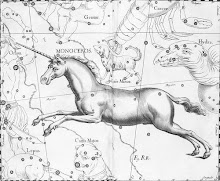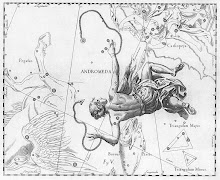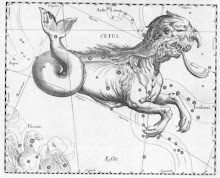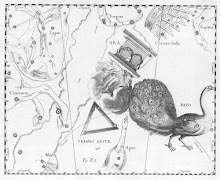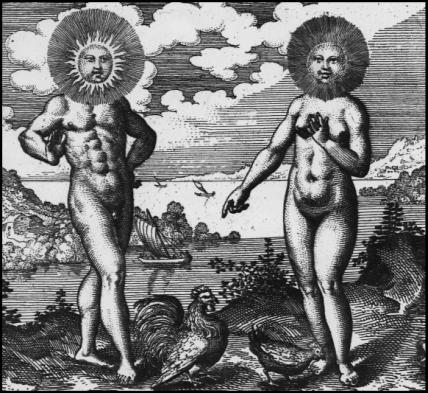 |
| Vayu, the God of Wind |
BARTLETT Manipulating Chi - Prana - Mercury (The Way of the Crucible) *
MANIPULATING CHI - PRANA - MERCURY
Excerpt from
THE WAY OF THE CRUCIBLE
By
Robert Allen Bartlett
CHAPTER SIX
Manipulating Chi - Prana - Mercury
We have mentioned Prana at various points in this text as the vital life force or Mercury of the alchemist and intimated its presence streaming out from the Sun and filling the air we breathe; but this is just the tip of the iceberg.
In Sanskrit, the word prana means "Primary Energy" and carries many levels of meaning, from the subtleties of breath to the energy of consciousness itself.
Prana is considered as the master form of all energy operating at all levels of body, soul, and spirit; even the spiritual force of kundalini, the inner power that transforms consciousness, develops from the awakened prana. The entire universe in both physical and subtle aspects is a manifestation and modification of prana, which is the original creative power.
Prana is broadly classified into two main types. There is cosmic prana, which is inexhaustible and diffused throughout the cosmos, and there is individual prana, which pervades a particular living organism. Western alchemists mention these as Universal Mercury and Determined Mercury. The first is the unmanifested aspect of prana, which is the energy of pure consciousness that transcends all creation, and the second or manifested prana is the force of creation itself.
The Mahaguna rajas, the active force of Nature, is said to give rise to the activities of prana.
Sattva by itself neither offers resistance nor does it work, and tamas always offers resistance to motion as well as to conscious reflection. When the rajasic qualities of prana unite with sattva, spiritual growth results. When the inertia of tamas is overcome by the activity of prana, ignorance, death and decay result.
The main pranic activity in the body is breathing, followed by the absorption of prana from the food we eat. The alchemists constantly remind us that control of the fire is the key to success in the Art, so at the personal level, the control of this active agent called prana is of great importance to our spiritual progress.
The control of prana is called Pranayama, a term which is often mistakenly translated to mean breath control. Pranayama is not concerned solely with breath control; breathing is only one of the many exercises through which we get to the real pranayama.
Breath, movement, and attention are all important aspects to be developed as we learn to control and direct the actions of prana both within and without. The ultimate perfection of pranayama is preformed by the mind alone.
The illustration above from an ancient: Egyptian stela depicts the five aspects of prana as flowers, streaming out from the Sun.
Breathing correctly is something many take for granted or give little thought to. Mastery of the breath is a powerful tool for self transformation, so we should give it some consideration as part of our discipline along the alchemical path.
The Latin word spiro, meaning to breathe, is the root of the word spirit, and thus we see the connection with the alchemist's Mercury or life force carried by the air.
To begin at the beginning, we need to realize that the nose is the proper organ for breathing. There are many people who are in the bad habit of breathing through the mouth. The nose is specially designed to filter and warm the air before it passes into the lungs. Mouth breathing bypasses this important feature and leaves us vulnerable to a number of respiratory problems. So, if you don't already, learn to breathe through the nose, not the mouth.
Another point to keep in mind is that the skin acts as a third lung. Although it acts passively, the skin plays an important role in eliminating wastes from the body and absorbing prana from the air. To keep the skin fresh and the pores open, it is a good practice to perform a thorough dry brushing of all the skin using a natural fiber brush of medium stiffness. This helps exfoliate dead skin and adhering waste as well as open the clogged pores.
(...)
LA LÉGENDE D'HIRAM
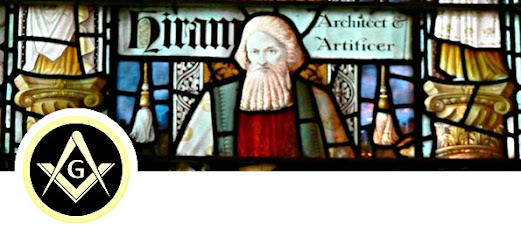
Articles les plus récents
LES SENTIERS D’HERMÈS







































